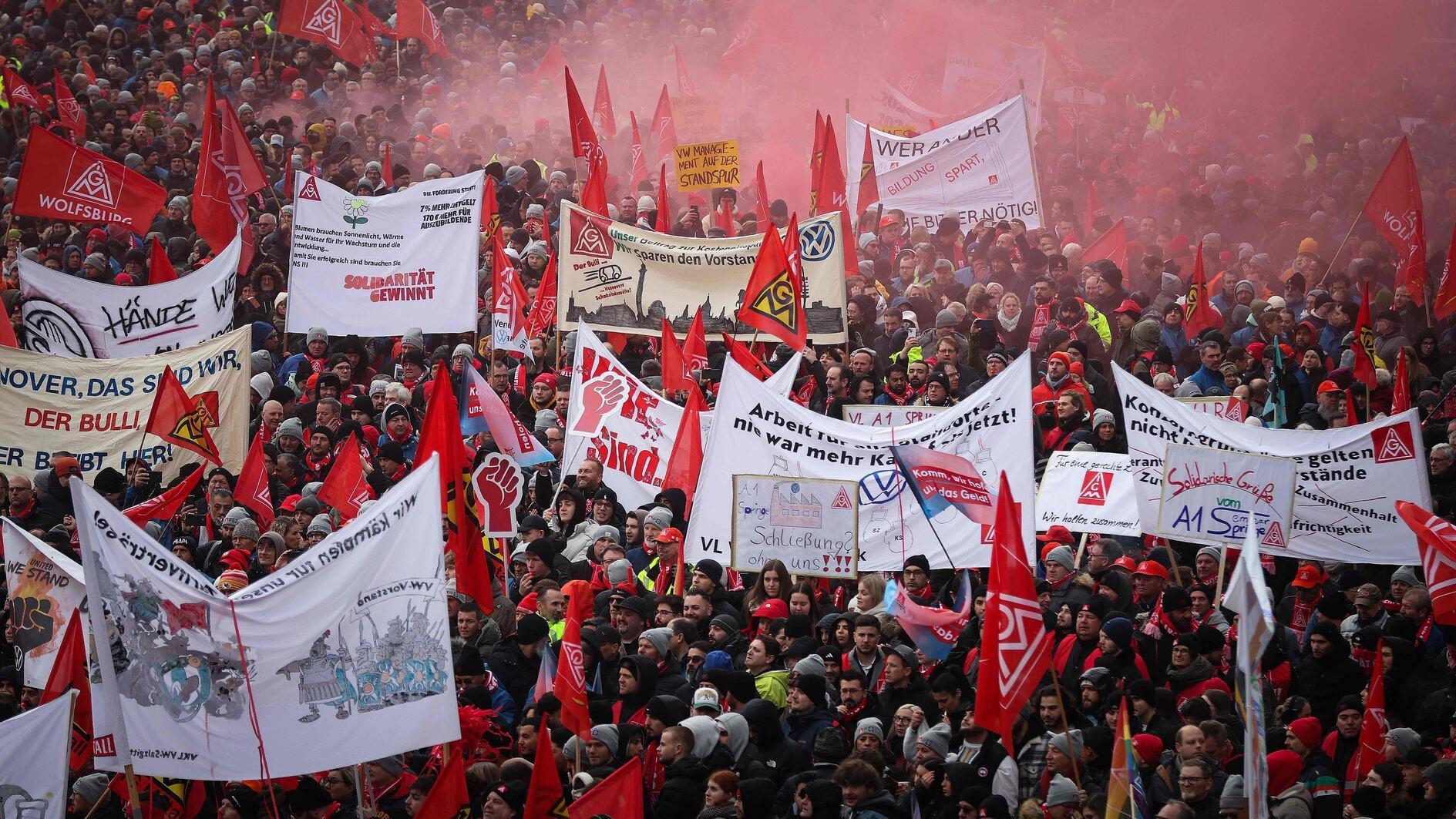Syria: How foreign policy becomes a tool of domestic policy
“What do you expect? Do you want us to sit idle when a terrorist organization like the Islamic State of Iraq and the Levant [ISIL] takes control of the most vital region in our border?” roared a high level Turkish official last week, when asked by a group of Turkish journalists about possible military intervention scenarios into Syria that have been circulating since the last week of June.
His reaction was a little bit weird because the perception that dominated public opinion in the last week of June was that the Turkish government was more concerned by advances made by the Democratic Union Party (PYD) than advances made by ISIL.
First came the news around June 16 that the PYD got ahold of Tal Abyad, which was under ISIL control. Then, we now understand, the propaganda machine of the presidency started to work. Media outlets close to the president started to run stories around June 19 based on the theme “The PYD is more dangerous than ISIL.” The PYD, the outlawed Kurdistan Workers’ Party’s (PKK) Syrian wing, was doing ethnic cleansing against Arabs and Turkmens and trying to connect the Kurdish regions in Syria’s north, thereby establishing a corridor on Turkey’s southern border.
And then came this statement on June 26 by President Recep Tayyip Erdoğan: “Whatever the cost, we will not allow the establishment of a state in our south.” This statement was accompanied by news that the government had asked the military to take the necessary measures to counter threats triggered by recent developments in Syria.
After having heard for at least two decades official statements that Turkey would never allow the establishment of a Kurdish state in Iraq, did the public have any chance to believe anything other than Turkey is preparing to target militarily Syrian Kurds to block their aspiration to form a state in Syria?
The reality was obviously much more different than the perception that was engineered by the one political actor in Turkey who is trying to find a way out from the political picture that came around after the June 7 election.
In reality, the state establishment was in fact concerned by the military gains made by ISIL and the inability of the Free Syrian Army (FSA) to stand strong against ISIL’s advances, which would also have the additional consequence of triggering a new wave of refugees.
There were also concerns about the PYD’s military gains, but they were not in an equally alarming dimension compared with ISIL’s advances. “We will be happy to see towns and cities liberated from ISIL, this is in our interest,” said the high level official.
In contrast to the propaganda made by newspapers close to the presidency, which had claimed the PYD was more dangerous than ISIL, the same official made a differentiation between the two by defining ISIL as a vicious terror organization, a confederation of warlords, while defining the PYD as a rational player.
There are obviously suspicions as to the PYD’s aspirations and plans. While Ankara’s rational decision-makers would not accuse the PYD of ethnic cleansing, they are wary of the PYD’s potential efforts to make demographic changes in their favor. Basically, what rational decision-makers fear is for the PYD to abuse its popularity as the one force making gains against ISIL to get an upper hand against Turkmens and Arabs, which will trigger further ethnic tension in the already war-torn country. The return of Tal Abyad locals will be a test case to see whether these fears are justified on not.
In the meantime, one does not need to be a genius or a political scientist to understand why presidential circles created an anti-Kurdish perception in the middle of coalition scenarios, following a historic 13 percent victory by Turkey’s mainly Kurdish party, the Peoples’ Democratic Party (HDP). One can come up with different speculations as to the aim, the endgame or the final consequences of such an “engineered perception operation.”
One thing is for certain. What we have lived in the course of the past two weeks is a prime example of how foreign policy has become a tool for domestic policy.











